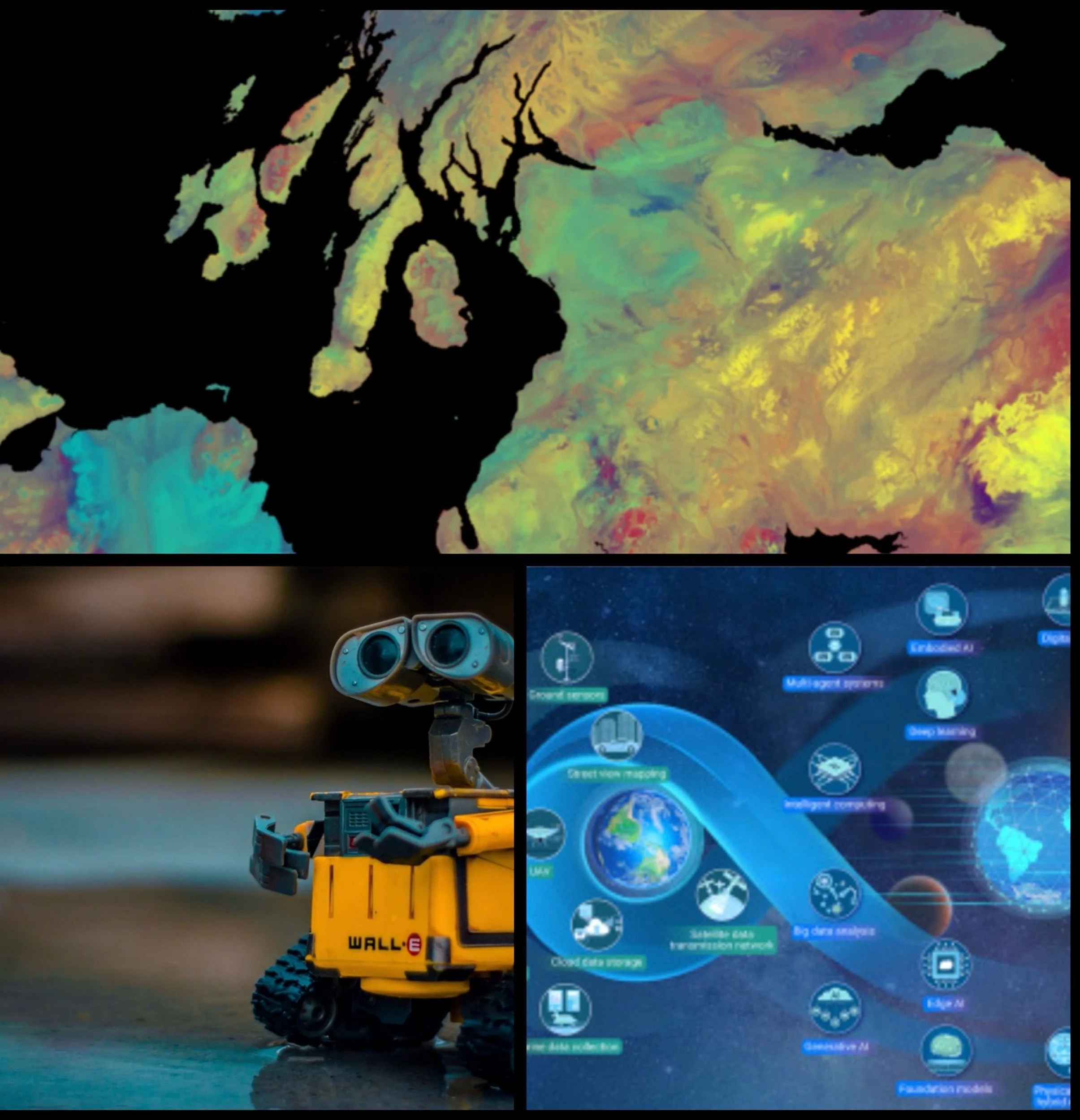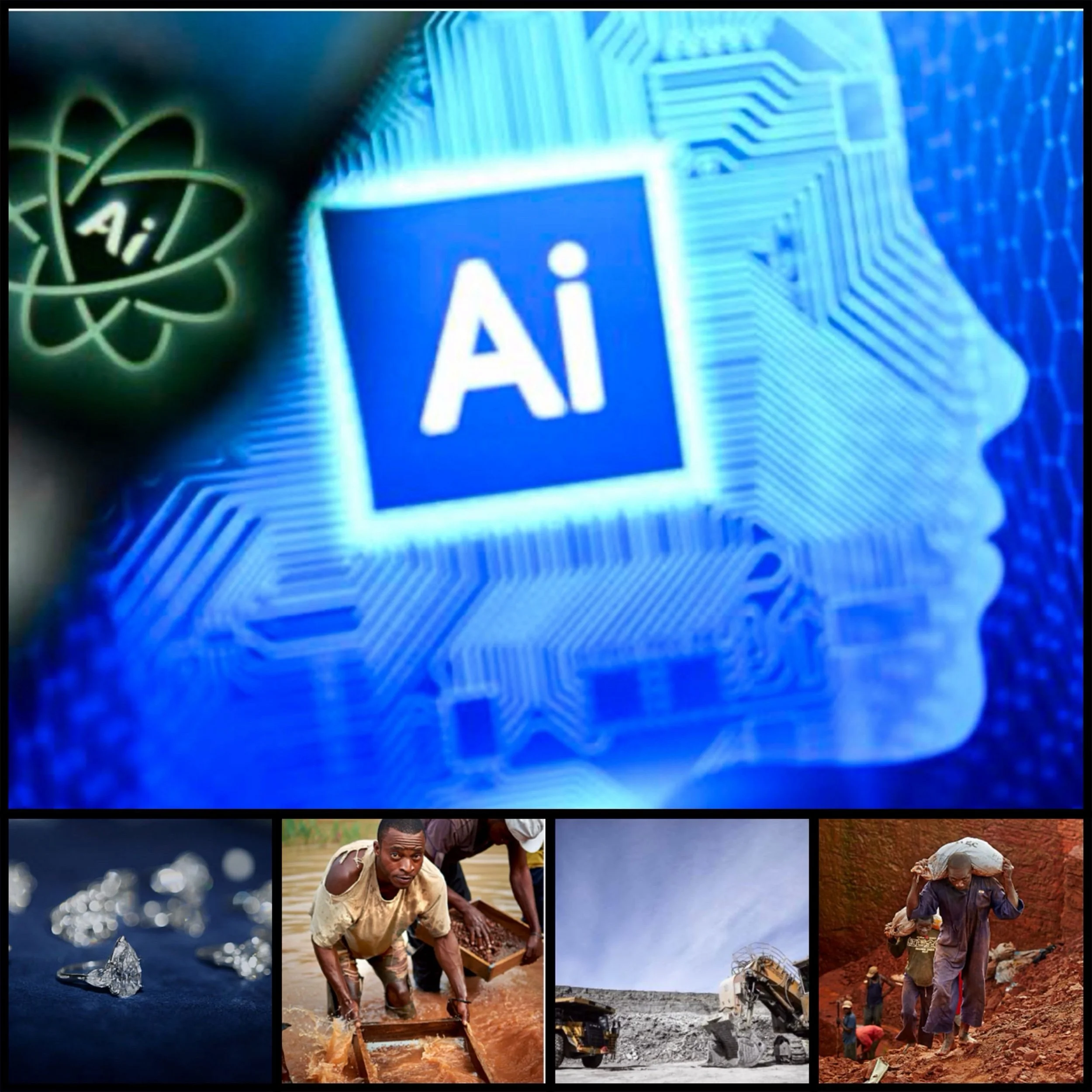What specific patterns can AI identify in geological data
Introduction
AI can identify several specific patterns in geological data that are crucial for mineral exploration and geological understanding:
Structural Patterns
Faults and Fractures
AI algorithms can detect linear features in remote sensing data and geophysical surveys that often represent faults or fractures, which can act as conduits for mineralizing fluids.
Folds
Machine learning models can identify complex folding patterns in geological maps and cross-sections.
Lineaments
AI can automatically extract and analyze lineaments from remote sensing data, providing insights into structural controls on mineralization.
Mineralogical Patterns
Mineral Associations
AI can identify and quantify different minerals within drill core samples, revealing patterns in ore mineralogy and grade distribution.
Alteration Zones
Machine learning algorithms can detect spectral signatures associated with hydrothermal alteration, which often indicates nearby mineral deposits.
Geochemical Patterns
Element Associations
AI can uncover complex relationships between different elements in geochemical data, potentially indicating the presence of specific mineral deposits.
Geochemical Anomalies
Machine learning models can detect subtle geochemical anomalies that may be indicative of hidden mineral deposits.
Geophysical Patterns
Magnetic and Gravity Anomalies
AI can identify patterns in geophysical data that may correspond to subsurface geological structures or mineral concentrations.
Seismic Patterns
Machine learning algorithms can detect complex patterns within seismic data, helping geologists identify geological structures beneath the surface.
Temporal Patterns
Change Detection
AI algorithms can analyze multi-temporal remote sensing data to detect changes in land cover, vegetation health, or spectral signatures over time, potentially indicating new geological exposures or mining activities.
Textural Patterns
Rock Textures
AI can classify different rock textures from images, which can provide insights into the formation and alteration history of rocks.
Conclusion
By identifying these patterns, AI enhances the accuracy and efficiency of geological interpretation, leading to more targeted exploration efforts and improved understanding of subsurface geology.






